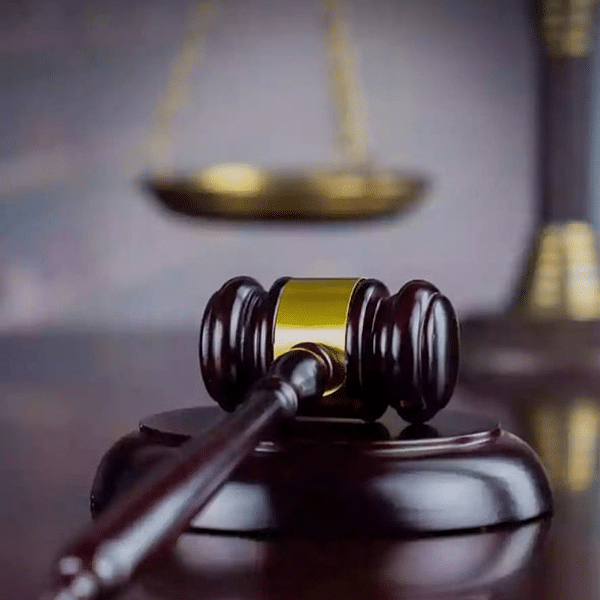It is not controversial to say that the Federal Communications Commission’s (FCC) Universal Service Fund (USF) program is unsustainable. Something must change.
“The current system is broken… It’s a problem that Congress is ultimately going to have to solve,” said former FCC Commissioner Harold Furchtgott-Roth, a senior fellow at the Hudson Institute, during a panel on the Universal Service Fund at the “Broadband in the Trump Administration” conference in Washington, D.C., last week.
A panel at the conference presented by online publication Broadband Breakfast discussed ways the new Trump Administration could make USF both sustainable and constitutional.
A shrinking pool of traditional local and long-distance telephone companies contribute about a third of their interstate and international revenues on “fees” to fund the program. Telephone companies pass those costs to their customers.
Universal Service Fund programs cover the cost of maintaining telephone service in high-cost areas, wiring rural schools, libraries, and healthcare facilities for the internet, and providing devices and services at discounted rates to low-income households. In addition, the USF has funded the Connect America Fund (CAF) and Rural Digital Opportunity Fund (RDOF) to support rural broadband construction over the past 10 years.
The FCC delegates contributions and fund management to a third-party organization, the Universal Service Administrative Co. (USAC).
Complicating the matter, the U.S. Court of Appeals for the Fifth Circuit last summer found the Universal Service Fund contribution “fees” to be “a multibillion-dollar tax nobody voted for” and, therefore, unconstitutional. The Fifth Circuit and other courts conflict on the issue, and the Supreme Court has agreed to hear the case.
A bipartisan and bicameral Universal Service Fund (USF) Working Group in Congress formed in 2023 to discuss solutions. According to reports, the group has discussed the possibility of “big tech” internet edge providers contributing to the fund. However, the working group has failed to reach any agreements, and the current FCC leadership has opposed the idea.
Each rural household newly connected to the internet through the Universal Service Fund “is going to drive $1,800 to the bottom line of big tech, which would be Apple, Amazon, Facebook, Meta, Microsoft, and Netflix … And new businesses coming along in the rural areas will drive $19,000 to those companies,” said consultant Roslyn Layton, a conference panelist speaking in favor of expanding the contribution pool.
“Well, if you know you’re going to get that revenue you’d pay something to get that person connected, but that’s not happening today.”
Speaking on a separate panel, former FCC General Counsel Tom Johnson had another suggestion. The FCC could take another look at the current pass-through rules, which allow carriers to recover costs from their subscribers. Carriers could perhaps “pass those costs on to some of their business partners, some of their enterprise customers, some of the large technologies that are entering into peering and connection agreements with them,” Johnson said.
Panelists disagreed over whether the FCC could adopt needed reforms on its own. “I think appropriations is the only answer, full stop,” Furchtgott-Roth said. Some experts have suggested that the best way to preserve the program is to scrap the current contribution system and fund the Universal Service Fund directly through Congress.
“No offense to anyone in this room who is with Congress in any shape or form, but they’re not known for getting things done,” said Amy Huffman, NDIA policy director. She called for a more rapid, stable, and long-term solution rather than trying to get Congress to act.
So, what would spur Congress to action? Another former FCC Commissioner, Mignon Clyburn of MIC Strategies, said it will take the Supreme Court declaring the current Universal Service Fund program unconstitutional.
“Contribution factors, all of those other things have not worked, have not triggered [Congressional action].” Clyburn said. “The only thing that would get their attention is a not-favorable ruling by way of FCC authority. I’m not wishing that; I’m just saying that’s the only thing that’s going to move.”
Please note: An earlier version of this article misattributed the quote from Tom Johnson to Michael O’Rielly.



